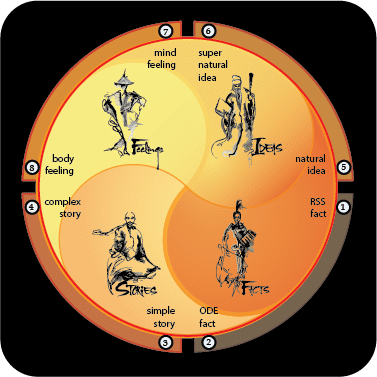What do you think about scientists reconstructing Leonardo Da Vinci’s genome?
Hi Konrad, Once again, you have a heck of an interesting mind and have asked an intriguing question. So what do I think? First, I think it would be interesting, in that I’d guess they would find nothing especially interesting. He was, after all, a human being first. So even if you had a video…
